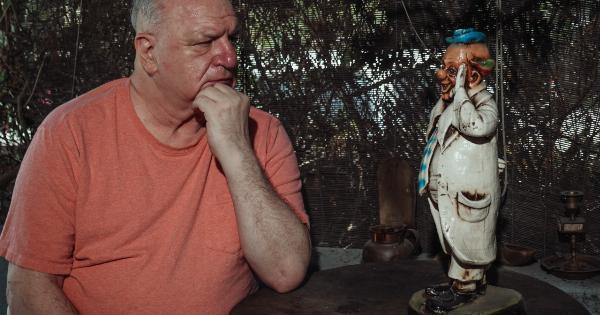Dementia is a complex neurological condition that affects a person’s cognitive and behavioral abilities, progressively deteriorating over time. It impacts memory, language, reasoning, and social behavior that interferes with everyday activities.
Dementia is often called the “mind’s descent” because of the gradual decline in brain function it causes. This article explores the complexities of dementia and how to navigate them.
What is Dementia?
Dementia is not a specific disease but a term used to describe a group of symptoms that affect memory, thinking, and social abilities.
The condition develops when the brain is damaged by diseases such as Alzheimer’s or Parkinson’s, or due to a traumatic brain injury. Dementia is not an inevitable part of aging, and younger people can also develop it. The most common type is Alzheimer’s disease, followed by vascular dementia, Lewy body dementia, and frontotemporal dementia.
The Symptoms of Dementia
The symptoms of dementia vary depending on the type, but some common signs include:.
- Memory loss
- Difficulty in communicating
- Difficulty in performing familiar tasks
- Poor judgment
- Personality and behavior changes
- Problems with abstract thinking
- Agitation and anxiety
- Depression and withdrawal
The symptoms of dementia can be different for each person, and they gradually worsen over time. Some people may experience changes in personality, whereas others may become confused and struggle with memory loss.
Diagnosis
Dementia is usually diagnosed after a comprehensive assessment of a person’s cognitive and behavioral abilities, including medical history, physical examination, laboratory tests, and imaging tests such as a CT scan or MRI.
Doctors may also conduct cognitive tests such as the Mini-Mental State Examination (MMSE) to determine the severity of the condition.
Treatment
Currently, there is no cure for dementia, but some medications can help manage the symptoms. Drugs such as Cholinesterase inhibitors and Memantine reduce the symptoms of memory loss, confusion, and agitation in some people.
However, these drugs can have side effects such as nausea, diarrhea, and dizziness.
In addition to medications, non-pharmacological approaches such as cognitive therapy, counseling, and lifestyle changes can improve the quality of life of people with dementia.
Creating a safe and familiar environment with structured activities, as well as providing constant support and encouragement, can also help manage the symptoms.
Caring for Loved Ones with Dementia
Caring for a loved one with dementia can be challenging, but here are some practical tips for navigating the complexities:.
- Stay organized: Keep a routine schedule of daily activities, medications, appointments, and meals to help your loved one feel safe and secure.
- Keep communication simple: Speak clearly and calmly, avoid using complex terms or abstract concepts, and don’t overwhelm your loved one with too much information at once.
- Be patient: People with dementia may repeat questions or statements or struggle with communication, so be patient and supportive.
- Provide a safe environment: Remove tripping hazards, install handrails, and consider using GPS tracking devices or door alarms to keep your loved one safe.
- Take care of yourself: Caring for a loved one with dementia is challenging and can be emotionally draining, so it’s essential to take care of your physical and emotional needs as well as your loved one’s needs.
Conclusion
Dementia is a complex condition that affects not only the person with the condition but their family and friends too. However, with the right care and support, people with dementia can maintain their independence and enjoy fulfilling lives.
Remember to be patient, understanding, and provide a safe and caring environment.




















